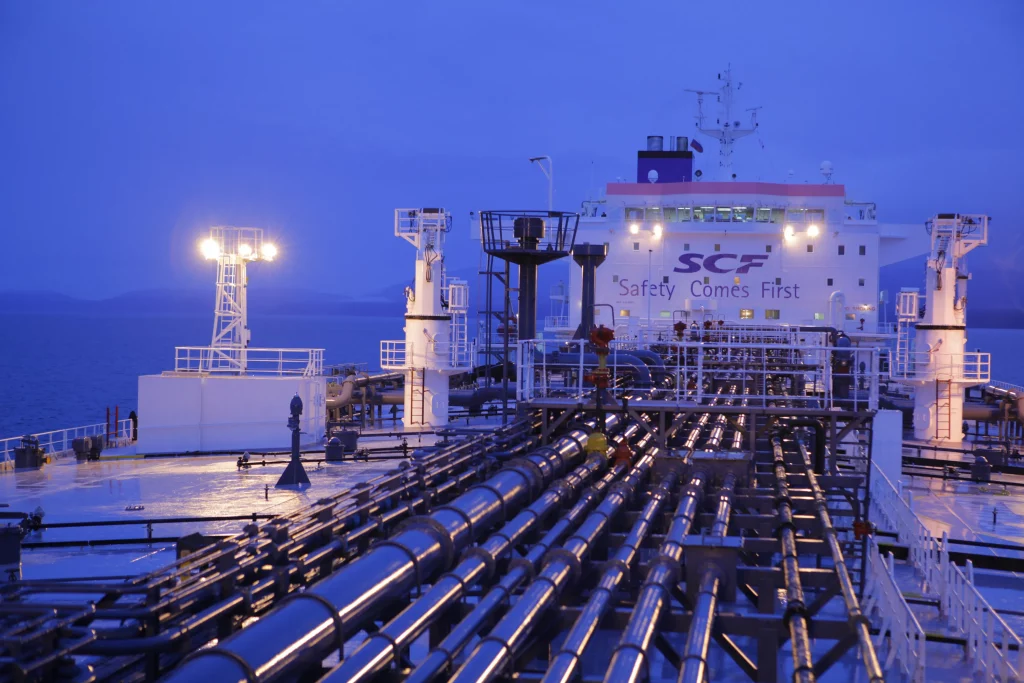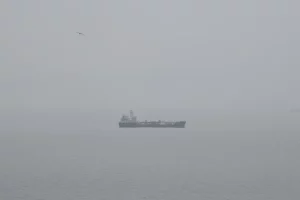Sanctions against Russian oil companies may have a positive impact on the tanker market

The US and EU restrictions on Russian energy are shaping a new geopolitical situation that is positive for the tanker market.
The “Splash”reports this.
Swedish bank SEB noted in a daily note to clients that India’s decision to gradually reduce imports of Russian oil in favor of alternative suppliers, primarily from the Atlantic basin and the Persian Gulf, could contribute to the growth of demand for long-haul voyages.
This means an increase in the loading of tankers that meet international standards and the displacement of vessels from the “shadow fleet” that are currently actively involved in the transportation of Russian energy.
“Increasing demand for non-Russian barrels is likely to support West-East price arbitrage, making Atlantic barrels more attractive to India and other Asian regions, opening up access to more long-haul trades,” SEB said in an analytical note.
New US sanctions against Russia’s largest oil companies are an unprecedented escalation of Washington’s pressure on Moscow, says Rystad Energy analyst Jorge Leon.
He added that the rise in global oil prices since their announcement reflects concerns about a possible sharp drop in Russian oil exports, particularly to India, one of its main buyers.
Leon also drew attention to the additional risks posed by attacks on Russian energy infrastructure. According to him, the combination of factors increases the likelihood of serious disruptions to oil production and transportation, which could lead to the forced closure of some production facilities in Russia.
The EU, in turn, adopted the 19th package of sanctions, which provides for a phased ban on imports of Russian LNG from 2027, new restrictions on the “shadow fleet”, as well as sanctions against four Chinese companies that, according to Brussels, helped Moscow circumvent export restrictions.
The draft declaration of the European External Action Service also proposes to introduce a mechanism for “prior-authorized landing control” in cooperation with the states under whose flags ships carrying Russian oil fly.
Britain also announced the most extensive sanctions package in recent times, including restrictions against Rosneft, Lukoil, four Chinese terminals, 44 tankers from the shadow fleet and seven gas vessels involved in the transportation of LNG.
According to Kpler, over the past five years the number of vessels on which sanctions have been imposed has increased from 350 to more than 1,700. Analysts also note closer coordination of sanctions policy between the EU and the UK, in particular in the field of control over maritime transport.
As USM wrote the day before, after the US sanctions against Rosneft and Lukoil, Indian refineries are reviewing oil contracts.





